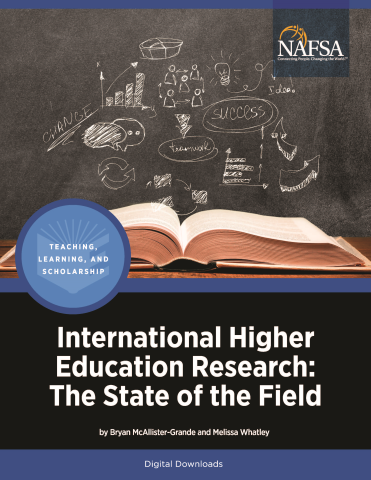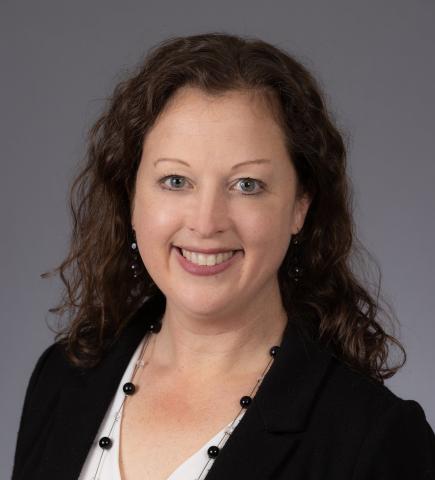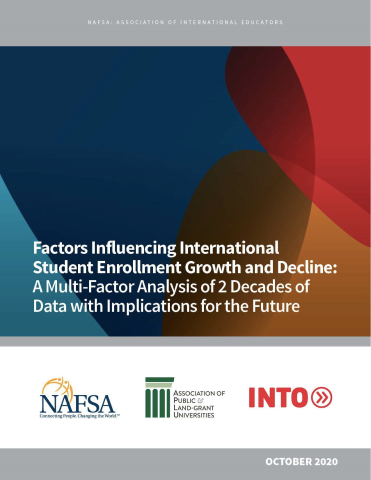
Data Collection and Analysis

IE Competencies 2.0: Communications; Recruitment, Enrollment, & Advising; Data Collection & Analysis
In the third session of the IE Competencies 2.0 series, panelists will highlight the competencies of Communications; Recruitment, Enrollment, & Advising; and Data Collection & Analysis. Join this conversation with your peers and discuss topics including how to: effectively exchange information
Read More
Responding to International Graduate Student Enrollment Trends: Lessons for the Future
Download the March/April 2023 Issue By Radomir Ray Mitic, PhD Higher education leaders in the United States continue to grapple with several enrollment challenges. These challenges include the “demographic cliff” (Grawe 2018), COVID-19’s influence on the growth of online programming (Ferguson 2021)
Read More
OFLC Public Disclosure Data and Program Statistics
Access the OFLC Performance Data web page. The Department of Labor's Office of Foreign Labor Certification (OFLC) Performance Data web page contains useful current and historical data on prevailing wage determinations and labor certifications for the PERM, LCA (H-1B, H-1B1, E-3), H-2A, H-2B, CW-1
Read More
Submitting CIP Code Nominations to SEVP for the DHS STEM Designated Degree Program List
DHS instituted an annual, recurring deadline of August 1 for interested parties to nominate additional Classification of Instructional Programs (CIP) codes for the DHS STEM Designated Degree Program List. The next annual submission deadline will be August 1, 2024. NAFSA encourages institutions to
Read More
Image

Katy Lane, PhD
Katy Lane, PhD is the director of the Center for International Business Studies, Mays Business School at Texas A&M University. She has worked in international education for nearly 15 years, creating new programs and initiatives, providing oversight for outreach and risk management, and leading
Read More
DHS Entry/Exit Overstay Report
Each year, the Department of Homeland Security (DHS) generates a "report to provide data on departures and overstays, by country, for foreign visitors to the United States who were expected to depart in each Fiscal Year." DHS posts the annual overstay reports on its Entry/Exit Overstay Report page
Read More

